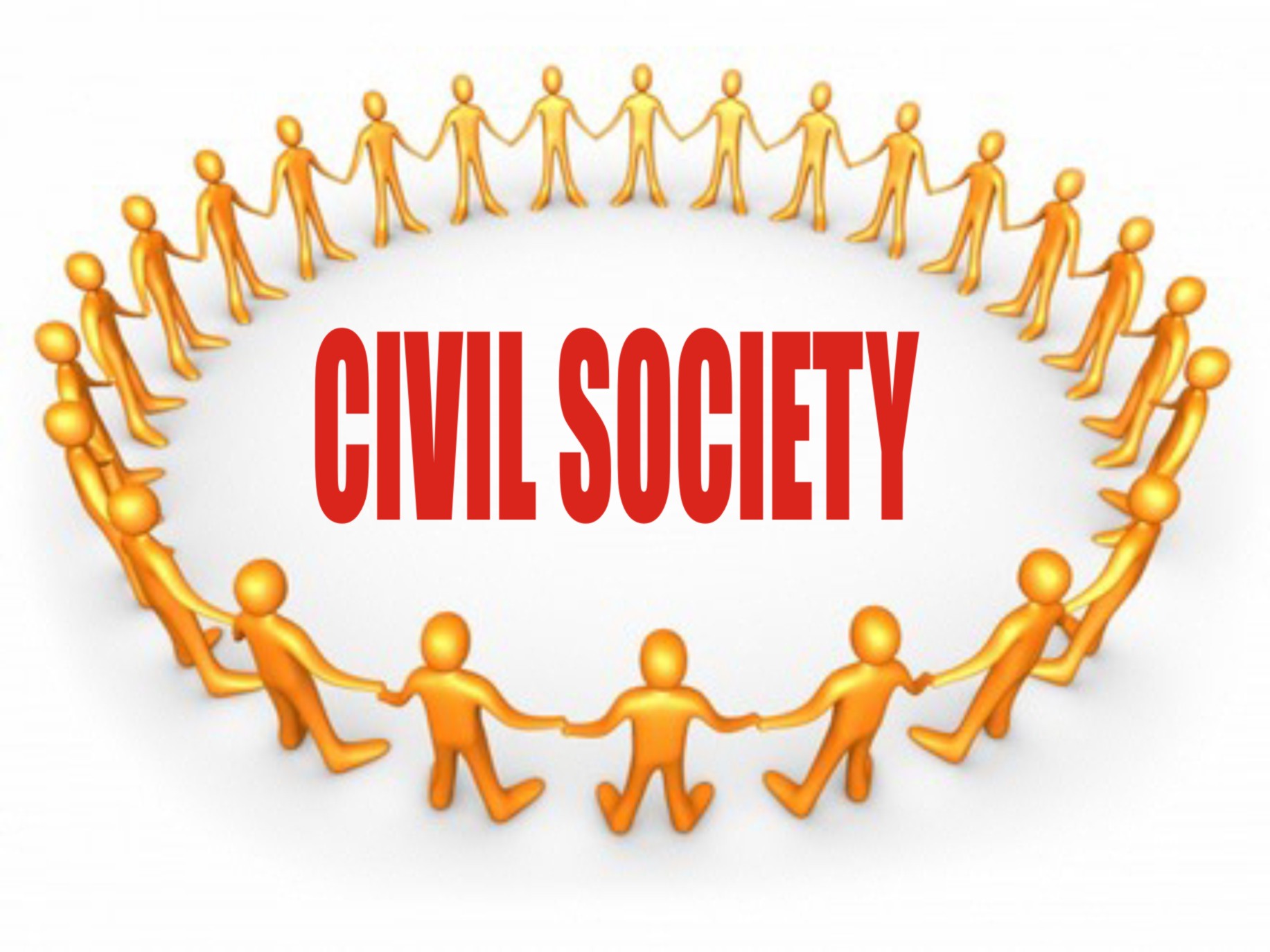The Centre for Democracy and Development (CDD) has said that only seven percent of the over 360 pro-government civil-society organisations (CSOs) were registered with the Corporate Affairs Commission (CAC).
This is contained in a statement on Friday in Abuja and signed by the CDD Director, Idayat Hassan.
- PODCAST: Mental Health: The Facts And The Myths And Misconceptions
- Two killed, as IPOB members bomb Imo police station
She was commenting on a report titled, “Fake Civil Society: The Rise of Pro-Government NGOs In Nigeria” published by CDD West Africa Fellow, Michael T. Page.
Decrying a sharp rise in these “civil society surrogates”, the paper reveals that “out of 360 pro-government Nigerian NGOs identified by this research, 90 percent have started operating since President Muhammadu Buhari took office in 2015.
The Page, report highlights how Nigeria’s top powerbrokers have cultivated a new generation of pro-government NGOs.
He said that these groups masquerade as legitimate civil society groups, singing the praises of top officials and attacking their critics which undermines the work of internationally recognized NGOs.
Linking the rise of these fake NGOs to the democratic backsliding in Nigeria, the paper compares these organizations to the pro-government groups that proliferated the country during the military years.
He said, “This correlation suggests that these groups receive high-level support and encouragement. Many are controlled by a small number of individuals who have personal and ethnic connections to Nigeria’s ruling All Progressives Congress (APC). Curiously, fewer than seven percent of these groups are registered with CAC as is required by law.
“On the negative impacts that these organizations have, the research finds that most of these pro-government NGOs often take an adversarial stance against legitimate civil society organizations operating in the country, and even incite violence against them.
“Their defence of all government policies, no matter how ill-intentioned, splits the public narrative and reduces the effectiveness of the work legitimate NGOs do. This fan-base from quasi-NGOs emboldens the Nigerian government to defy domestic, and international criticisms of regressive policies and actions.”
He also said that most of these NGO’s are briefcase organizations opaquely funded by the government likely through off-budget payments or contracts for consulting services.
He therefore, among others, urged Nigerian government to better implement existing rules, instead of creating new ones that will be abused and that for instance, Nigeria’s tax and anti-corruption agencies could start by investigating pro-government NGOs, almost none of which are legally registered or properly administered.
He said, “Nigeria’s mainstream media outlets to conduct more diligence when covering unknown groups and refuse inducements to attend their meetings and write stories about them; legitimate civil society organizations to set up voluntary standards to distinguish themselves from disreputable pro-government NGOs.
“Donors, development professionals, diplomats and legitimate NGOs should do more to call out toxic pro-government NGOs, and pressure their elite in government to stop funding them; foreign governments to levy visa bans on pro-government NGO leaders who issue violent threats or spew hate speech.”

 Join Daily Trust WhatsApp Community For Quick Access To News and Happenings Around You.
Join Daily Trust WhatsApp Community For Quick Access To News and Happenings Around You.

